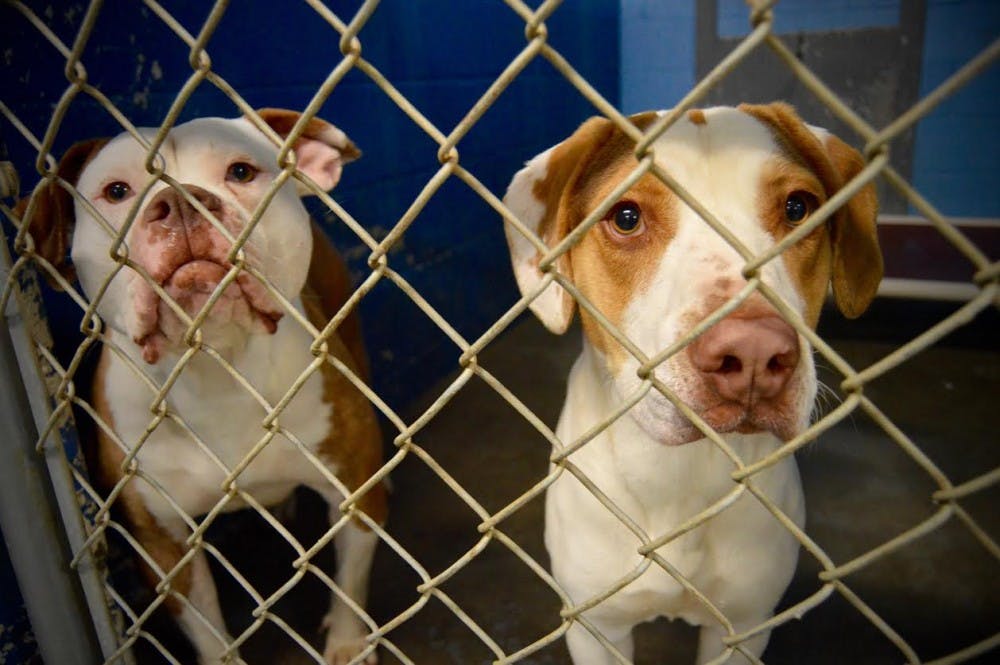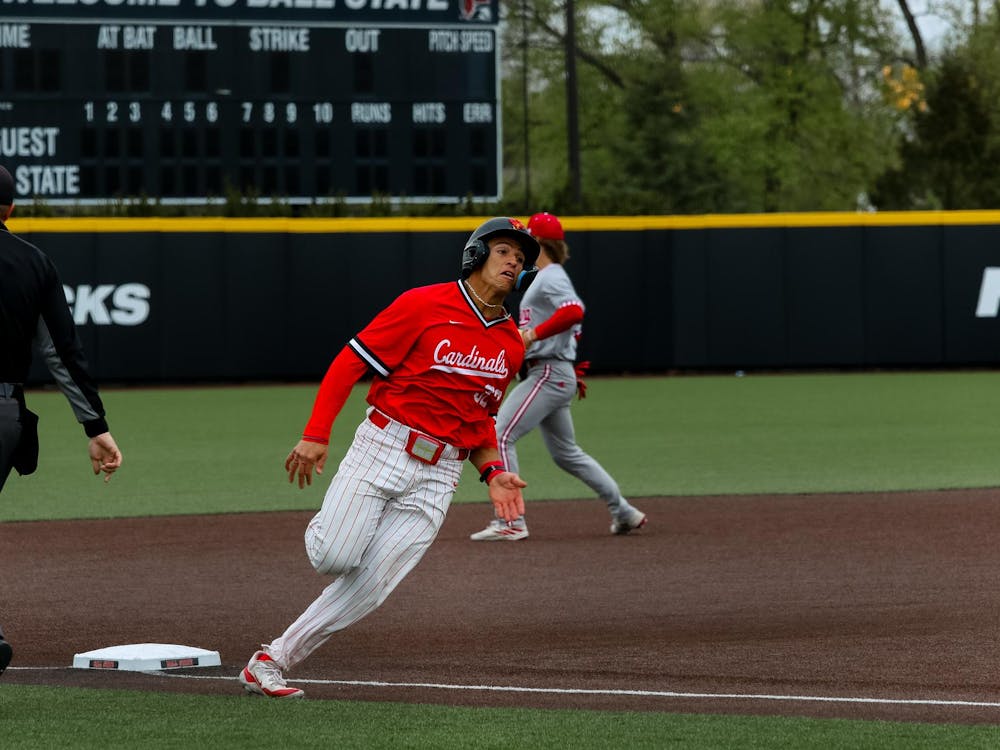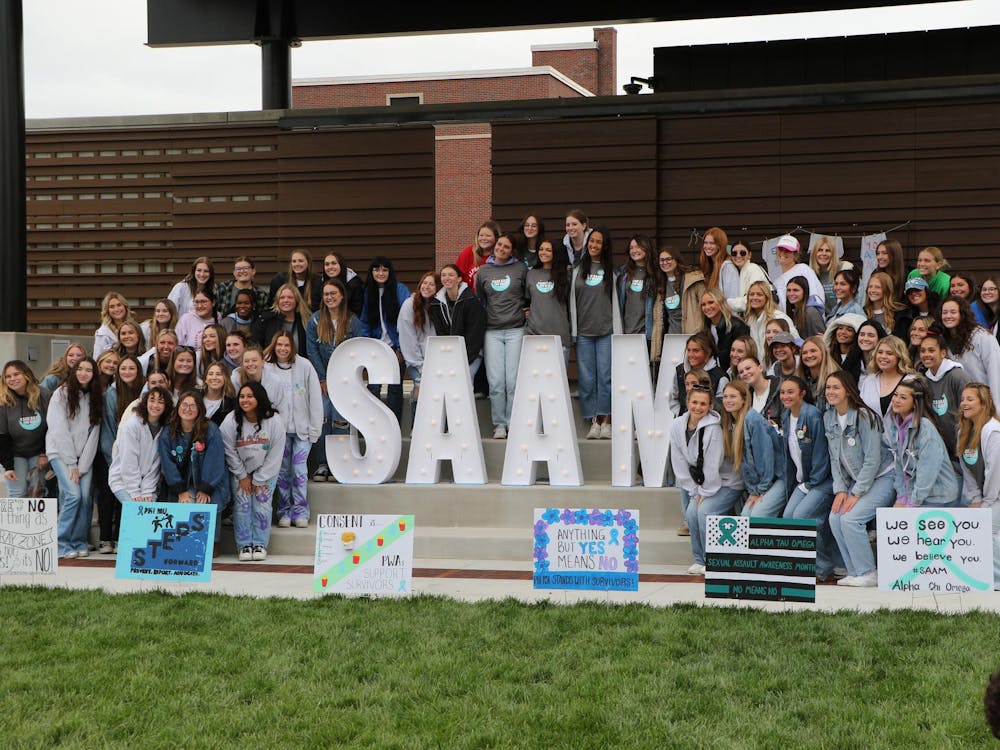To view adoption hours at ARF, go to their official website.
After 18 years of being a no-kill shelter, Muncie’s Animal Rescue Fund (ARF) will be expanding in an effort to help more animals and their owners receive services and the care they need to live healthy lives.
ARF is expanding to offer low-cost veterinary services through a new spin-off clinic called ARF’s PAW (promoting animal wellness), which is expected to open in late August.
ARF executive director Vickie Bevans said the new clinic will be an expansion on the overall mission of ARF — to provide shelter, medical care and love to abused, abandoned, neglected and unwanted animals until permanent homes can be found.
ARF seeks to relieve animal suffering; to prevent cruelty, abuse, neglect and overpopulation; and to eliminate euthanasia as a way of animal control, thereby creating a "no-kill" community in which both animals and humans benefit from the goodness of each other.
PAW will include a vaccination clinic, located in ARF’s current administration building, and a spay/neuter clinic at 3115 W. Bethel Ave. There will be a licensed veterinarian at both clinics two days per week and at ARF another day.
“There is such a need of people within our community who can’t afford to take their pets to a vet and have their animal spayed or neutered,” Bevans said. “We are a no-kill animal rescue, and we sterilize, not euthanize.”
The new clinics will only serve low-income pet owners. To qualify, families have to meet federal poverty guidelines.
Qualifying programs include food stamps, Medicaid, public schools' free or reduced-price lunch and Social Security disability.
College students could qualify to use these services, as the poverty guidelines for one person in family/household is $11,770, while a family of four is $24,250, according to the U.S. Department of Health and Human Resources.
“As a college student, we have to have verification that they are low-income. They can come in and show the office that by a pay-stub to prove that they fit in that category,” Bevans said.
In addition to the new clinics, ARF also currently provides a special program to low-income families called Nibble Nook ARF, where pet owners can receive free dog and cat food. Owners can get food once every other week as long as their animal has been spayed or neutered. If the animal is not fixed, the pet owner will only receive free food a maximum of two times.
Sarah Schaetzel, a freshman theater education major, said she thinks services like this can make a huge difference to those with low incomes.
“I have two dogs. I used to have one that we had to put down because he had diabetes and we couldn't afford treatment,” Schaetzel said. “[The clinic] would mean the world because if my babies get sick, I want to be able to have the money to treat them and not worry about them not getting proper treatment because I can't pay.”
Chris Robinson, a senior telecommunications major, has a 1-year-old cat and said services like this prevent owners from giving up their pets.
“It would be really nice to have these services offered at a lower price than most pet clinics, as it could mean the difference between keeping her or not,” Robinson said. "As far as to the Muncie community, I’m sure it would be an even greater blessing, as it would provide families a better alternative to putting their family pets up for adoptions.”
Bevans said she believes the shelter will be a success when every animal has been spayed or neutered.
“There are so many animals that go to rescue, it is heartbreaking,” Bevans said. “Instead of buying or breeding an animal, ... if people would call their local shelter or rescue and adopt, you are really saving two lives instead of one. If you come out and adopt from us, that saves that animal, but you are also allowing a spot for another one to come in.”





